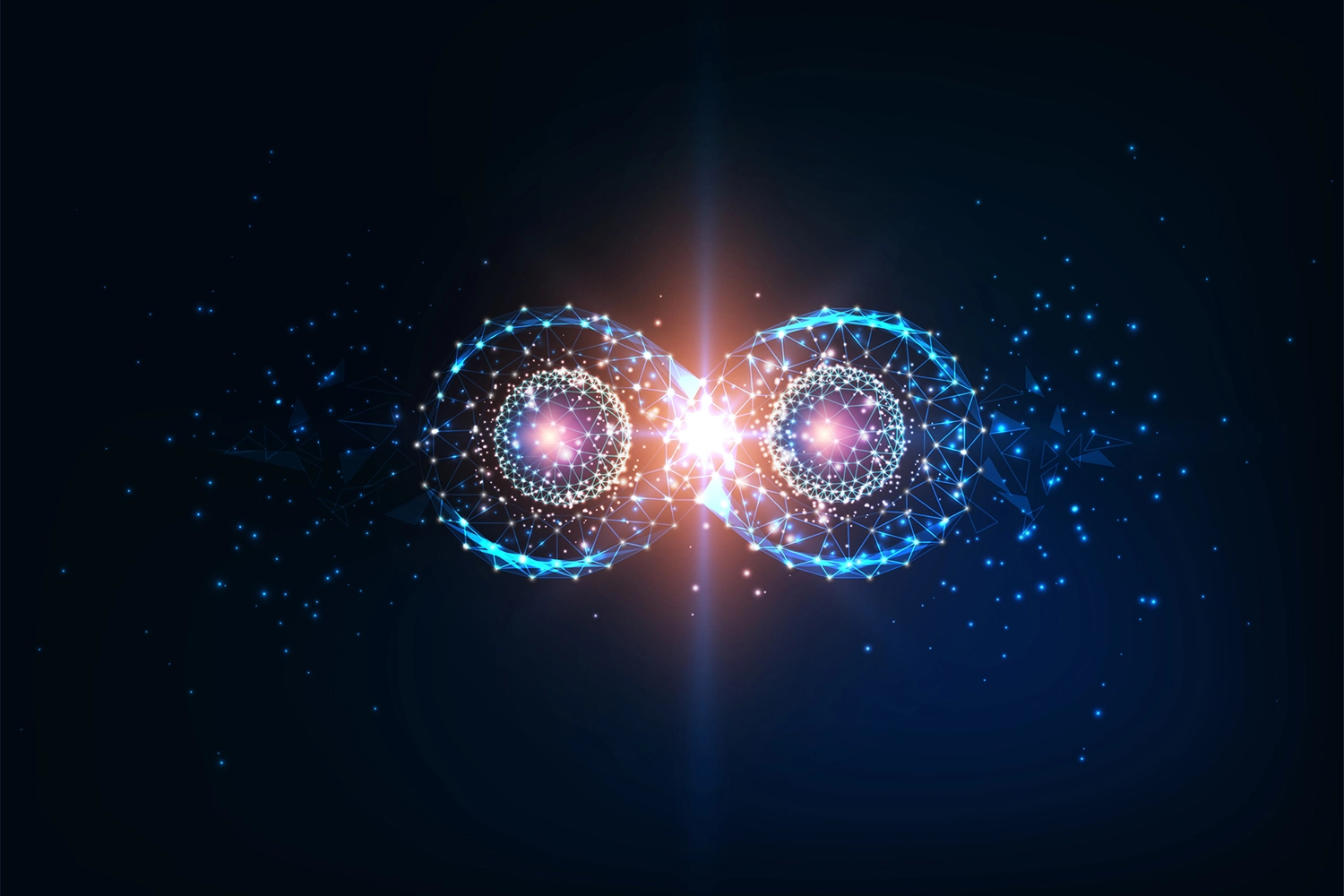In an unprecedented scientific achievement, physicists have measured gravity at the smallest scale ever, utilizing a tiny magnet in groundbreaking experiments. This innovative approach has opened new doors in understanding the quantum scale’s elusive nature, potentially bridging the gap between quantum mechanics and gravitational theories.
Key Highlights:
- Gravity measured between two gold masses, unveiling interactions at the smallest scale.
- A specialized horizontal pendulum used to detect minuscule gravitational effects.
- Experiments conducted under extreme conditions for precision, including shielding from electromagnetic forces and timing during seismic inactivity.
- Findings could pave the way for directly measuring gravitational forces in quantum systems, aiming to unify gravity with the quantum world.
This research represents a significant stride towards demystifying the relationship between gravity, which traditionally operates on a large scale, and quantum mechanics, which explains the behavior of particles at the minutest levels. The experiments conducted by Markus Aspelmeyer and his team at the University of Vienna measured the gravitational field of a tiny gold sphere, marking the least massive object whose gravity has ever been quantified. The meticulous setup, including the use of a Faraday cage and timing during the least seismically active periods, underscores the experiment’s sensitivity and the lengths scientists go to for precision.
The implications of this research extend beyond the measurement itself. It challenges our understanding of fundamental physics, offering a new perspective on how gravity and quantum mechanics may be intertwined. A theory proposed by researchers at University College London suggests that spacetime might not need to be quantized, presenting a new fundamental theory where spacetime interactions could be explained without the need for quantum gravity. This theory is being rigorously tested through experiments that aim to detect specific spacetime fluctuations, providing insights into the quantum nature of gravity.
At the University of Vienna, scientists have conducted an experiment that measures the gravitational force exerted by a small gold sphere, weighing approximately 90 milligrams. By utilizing a specialized horizontal pendulum, researchers were able to detect the minuscule gravitational influence of the gold sphere on a similar sphere attached to the pendulum. The meticulous setup included shielding from electromagnetic forces and conducting the experiment under highly controlled conditions to ensure accuracy. This achievement marks the measurement of gravity from the smallest mass to date, offering a new perspective on how gravity operates at the quantum scale.
The ability to measure gravitational forces at such a minute level is a significant step towards understanding the quantum nature of gravity. This research could potentially help to resolve the inconsistency between quantum mechanics and general relativity, offering insights into the fundamental structure of the universe. The findings suggest that even at very small scales, gravitational forces behave in accordance with quantum mechanics, hinting at the possibility of a deeper connection between gravity and the quantum world.
Furthermore, the concept of “spooky action” or quantum entanglement is being explored as a potential foundation for gravity. This concept, which has puzzled scientists for decades, suggests that entangled particles may exhibit gravitational properties, offering a novel approach to understanding gravity’s quantum mechanical terms. Research in this area is still in its infancy, but it holds the promise of unveiling new fundamental principles that govern our universe.
This exploration into measuring gravity at the quantum level signifies a remarkable leap in our quest to comprehend the universe’s fundamental forces. By marrying the meticulous precision of experimental physics with the abstract concepts of quantum mechanics and general relativity, scientists are inching closer to a unified theory that could explain the cosmos’s most profound mysteries. The journey is far from over, but each step brings us closer to unraveling the fabric of reality itself, where the tiniest scales may hold the keys to the universe’s grandest secrets.






























